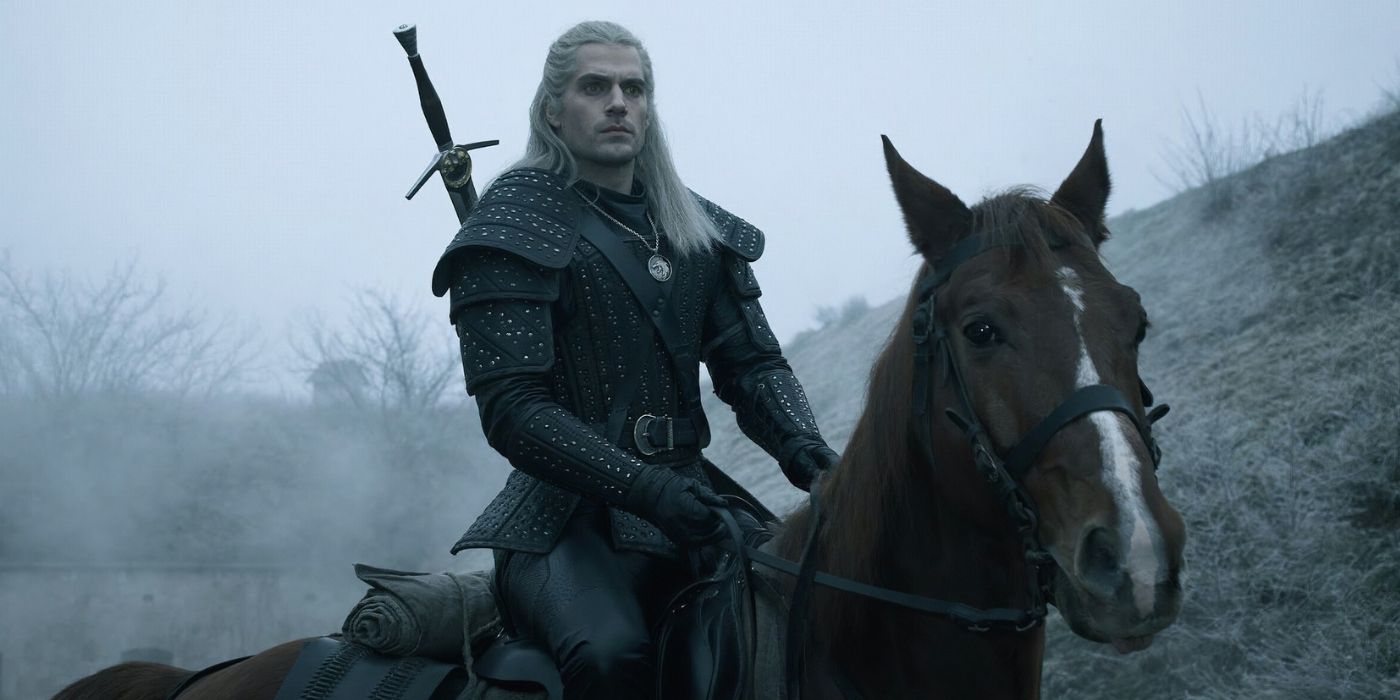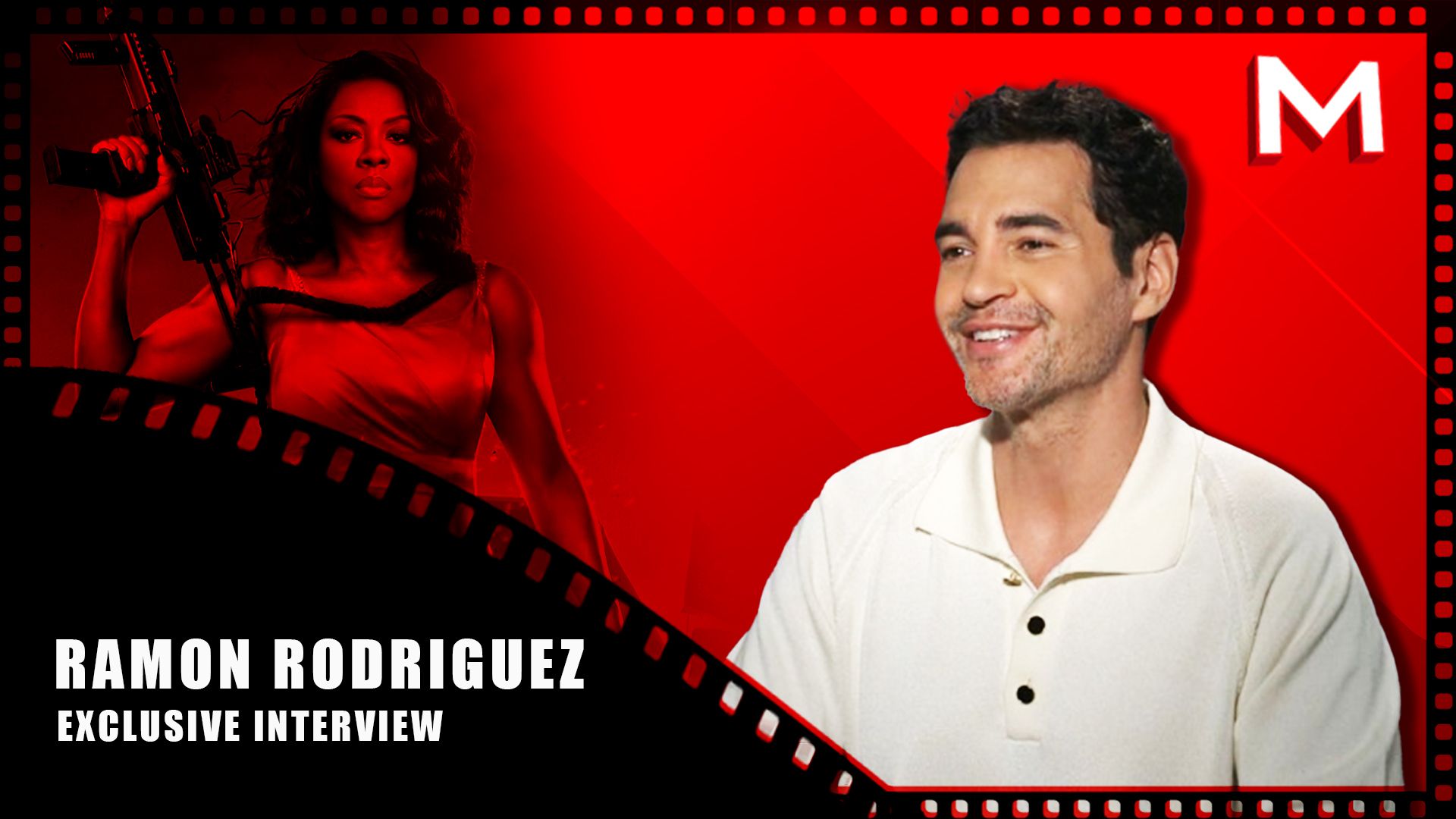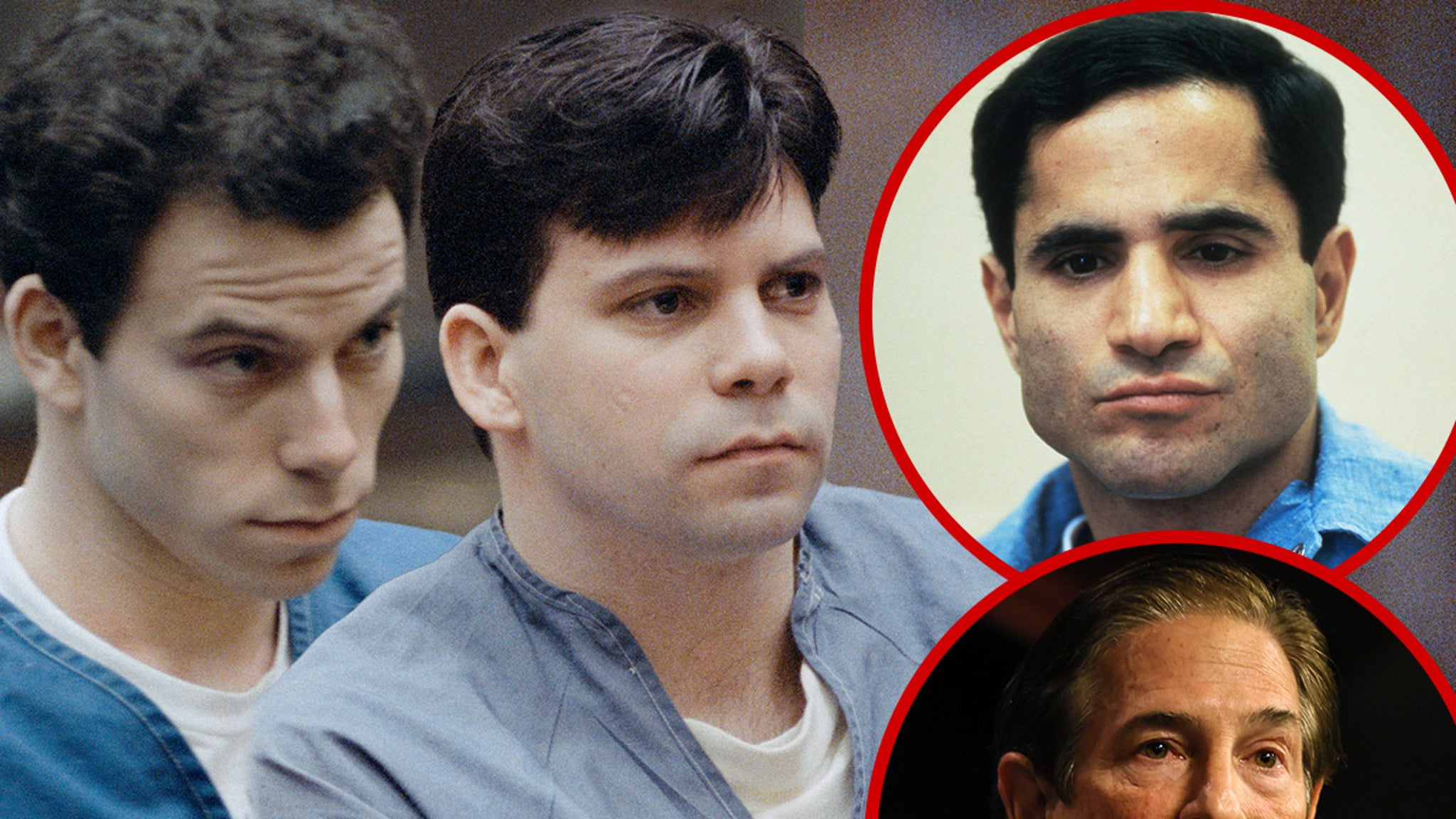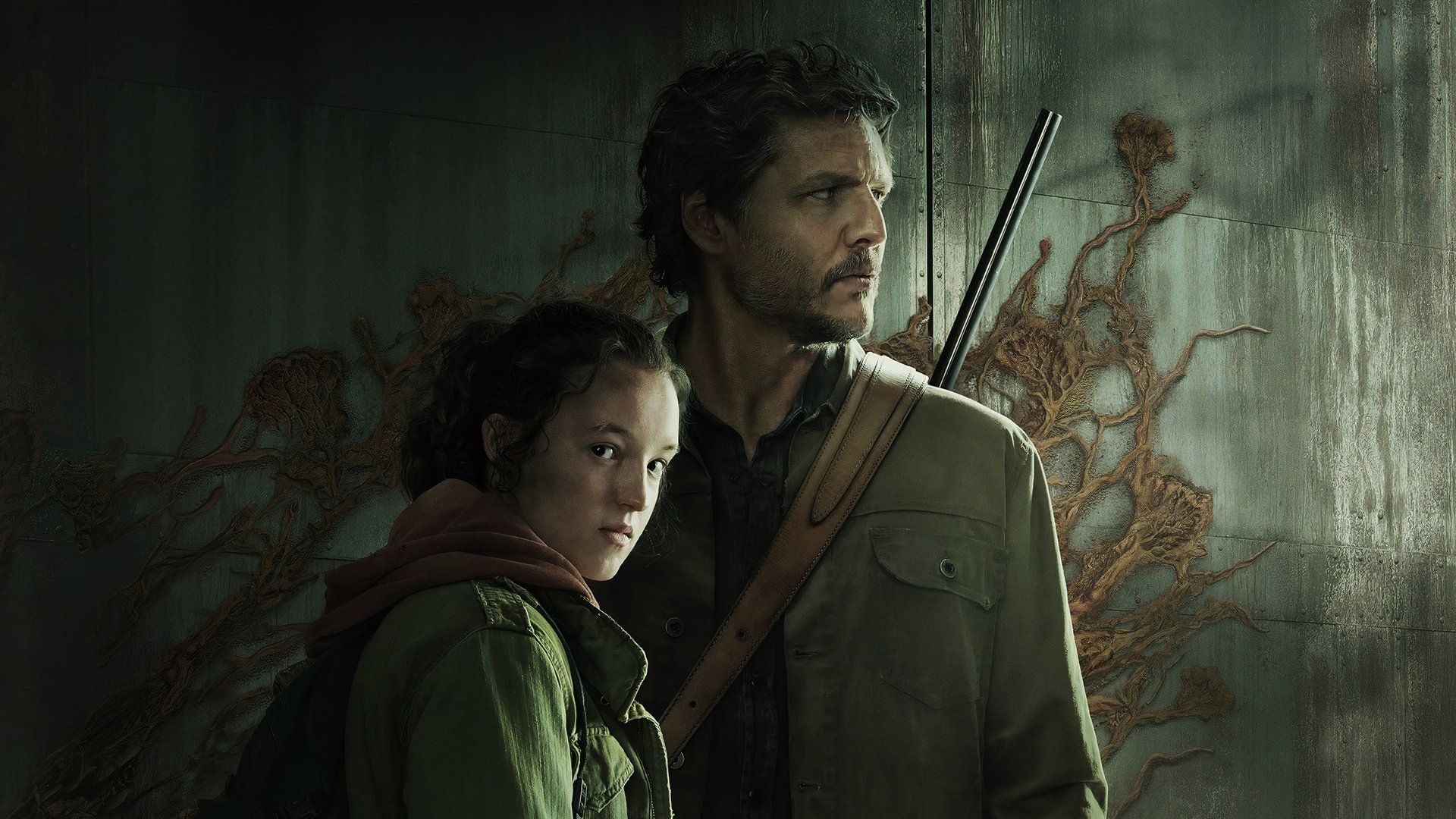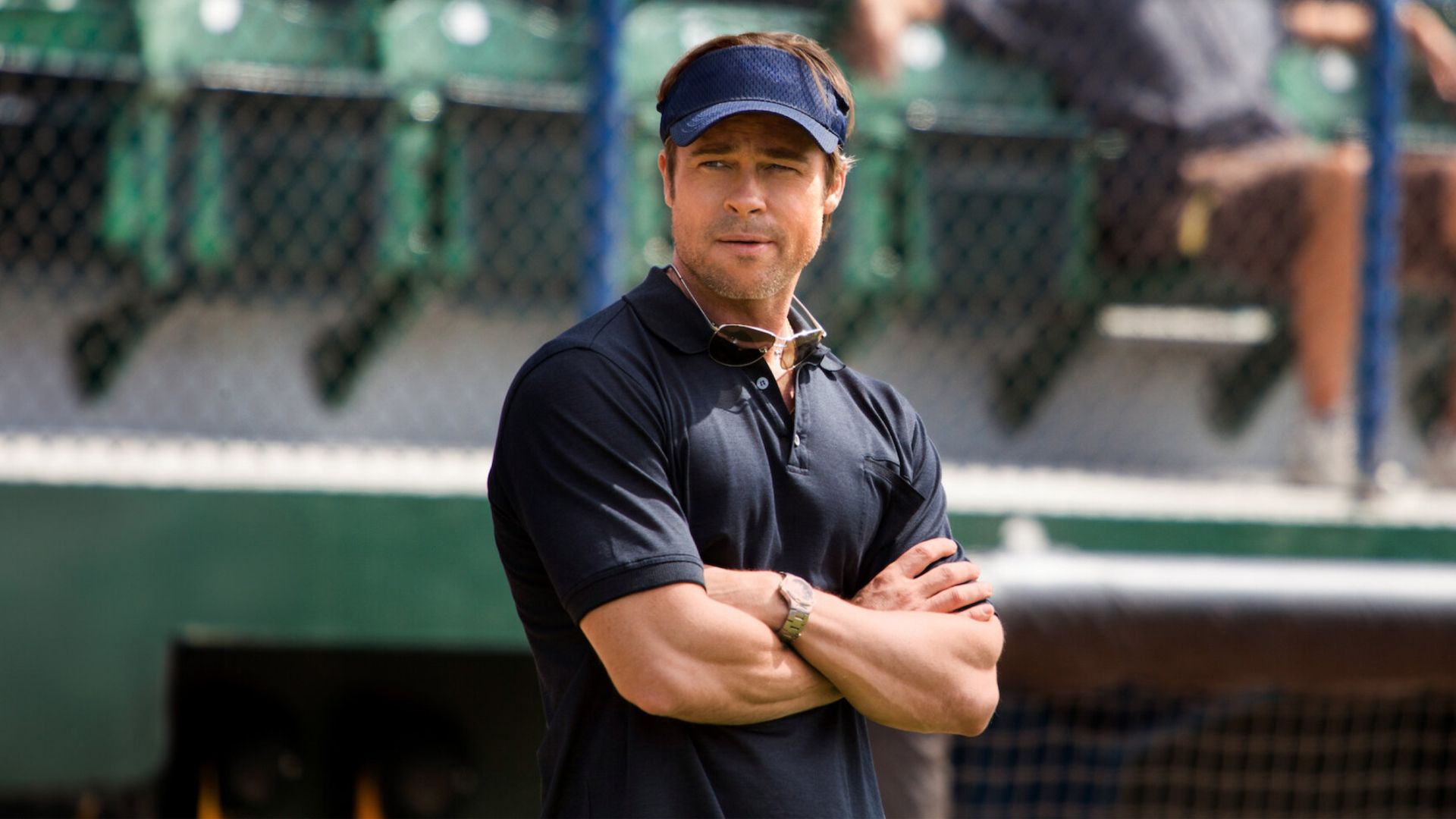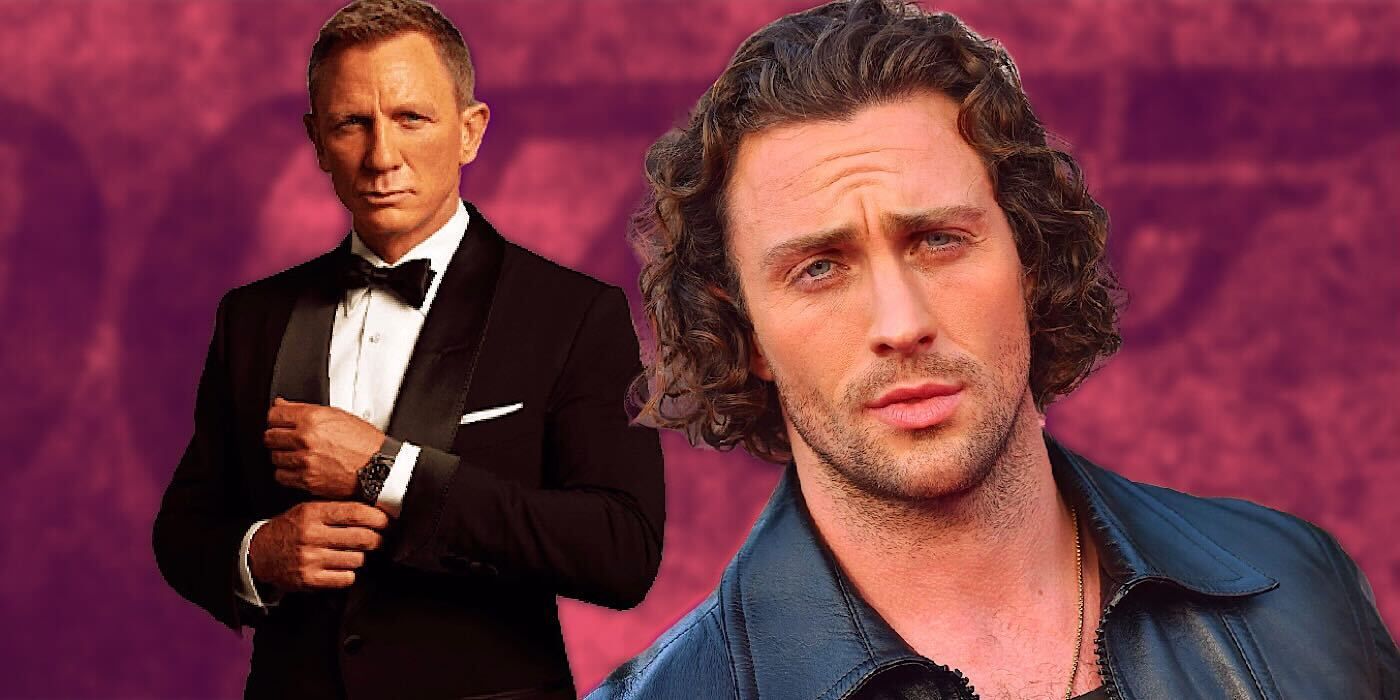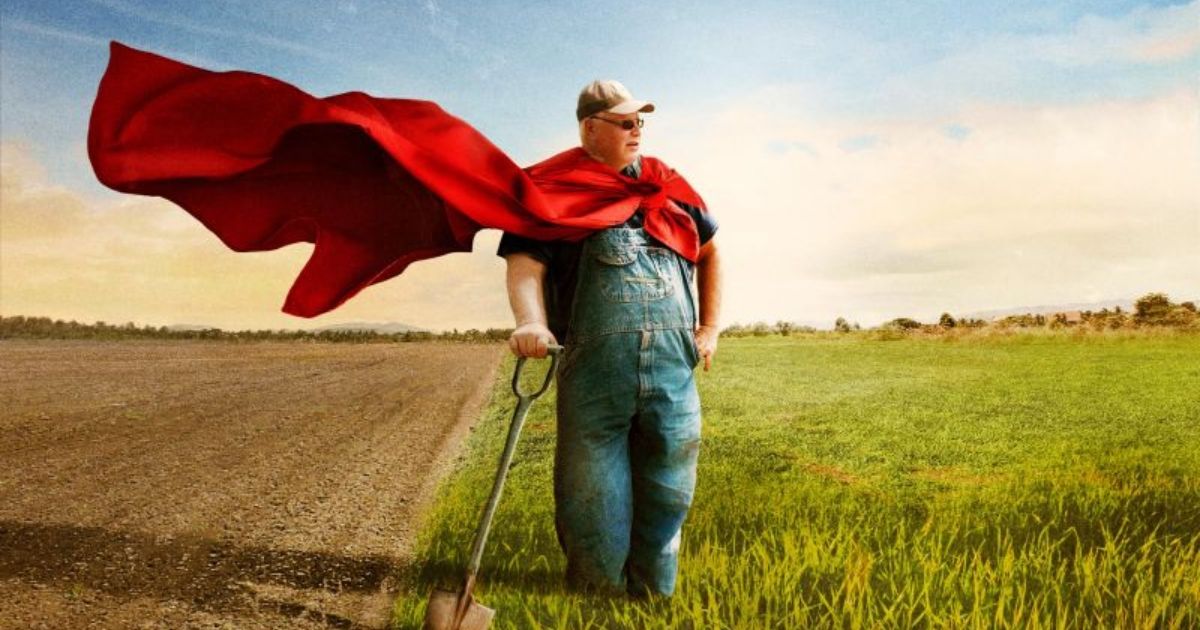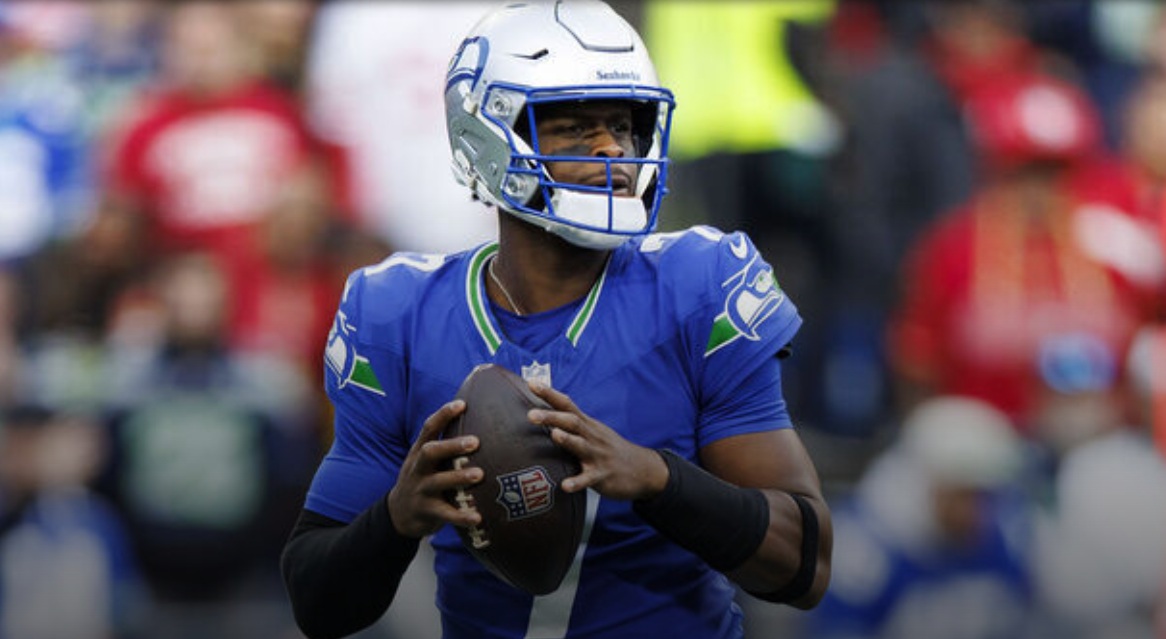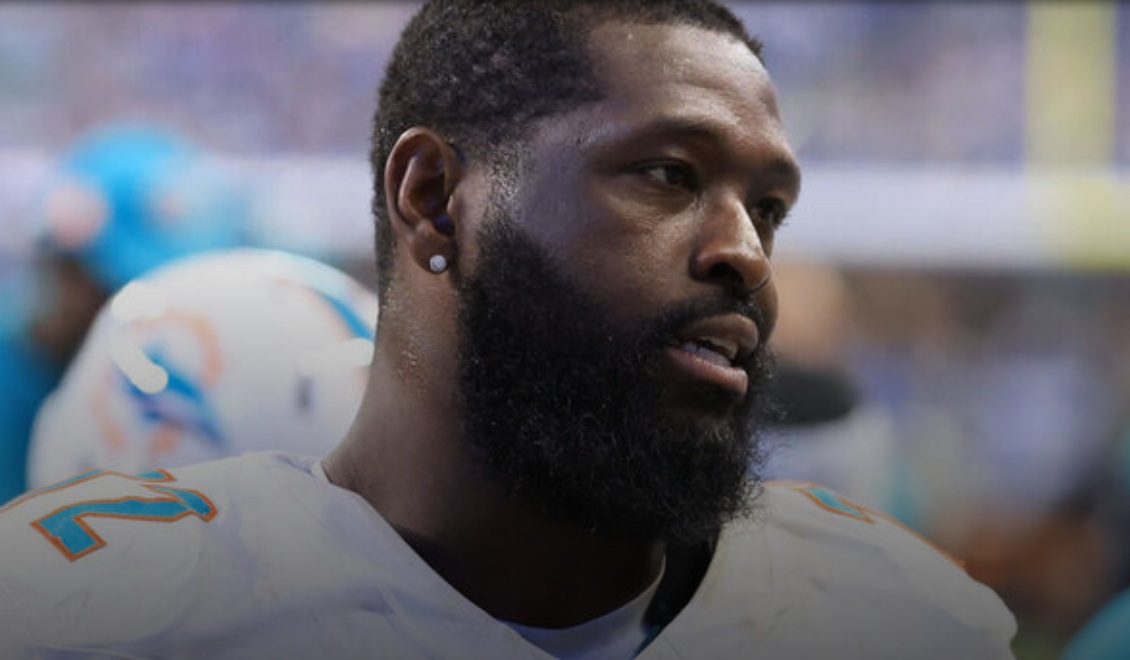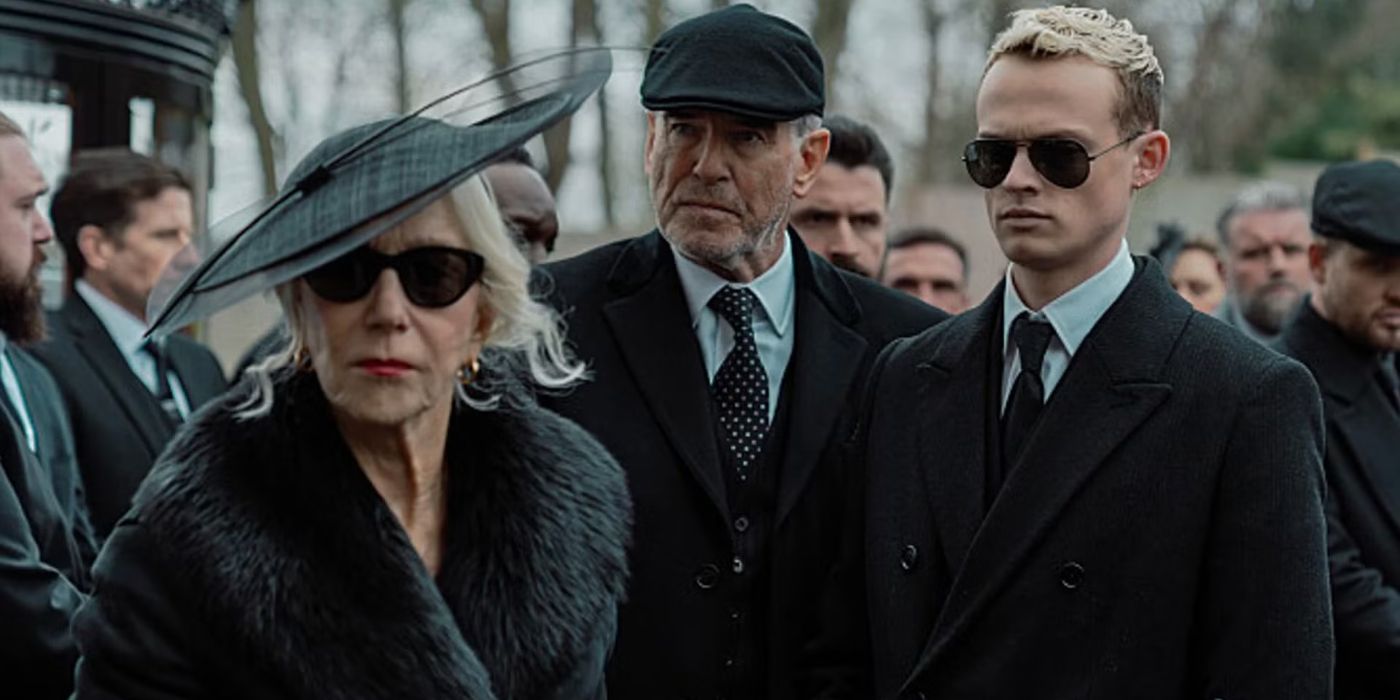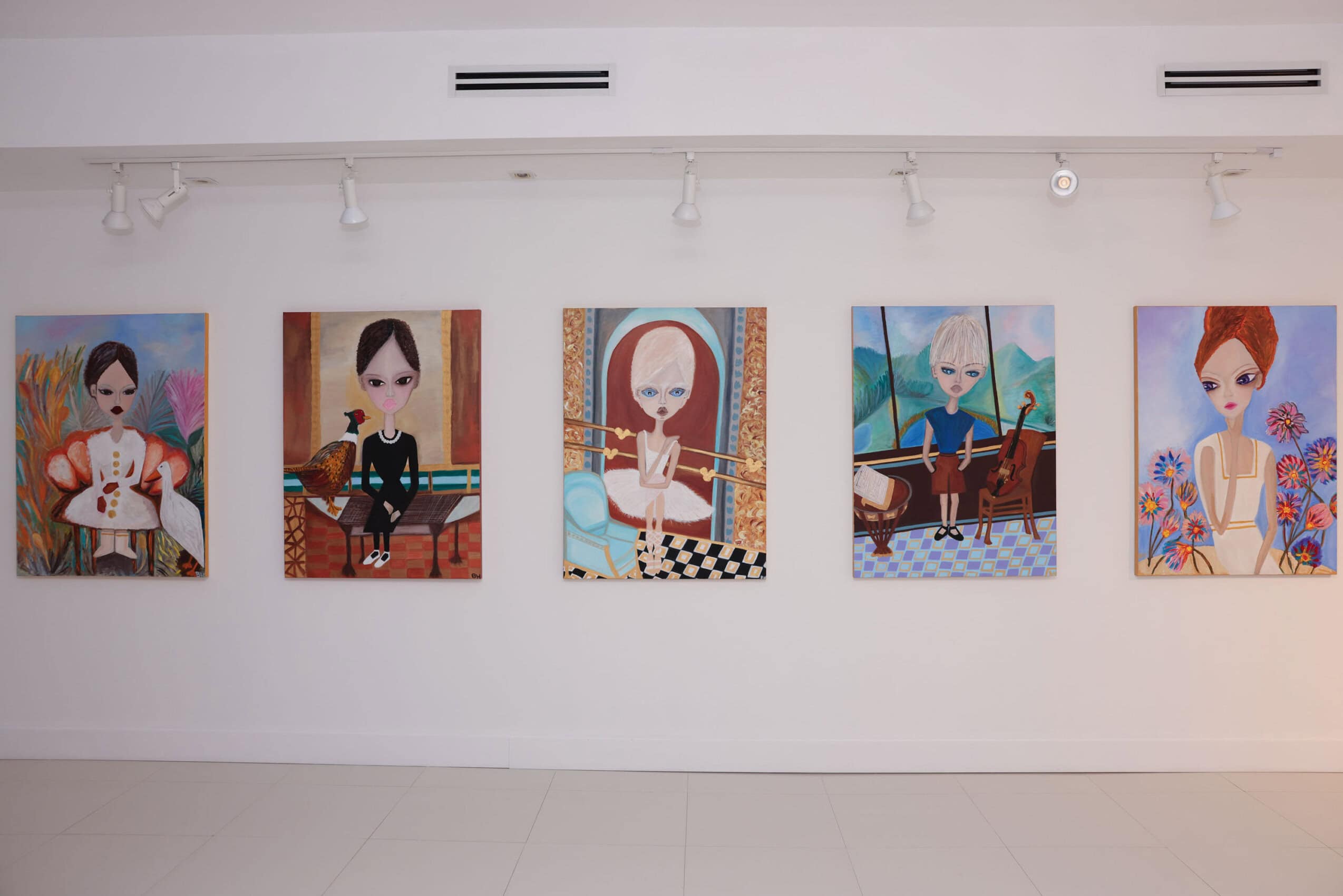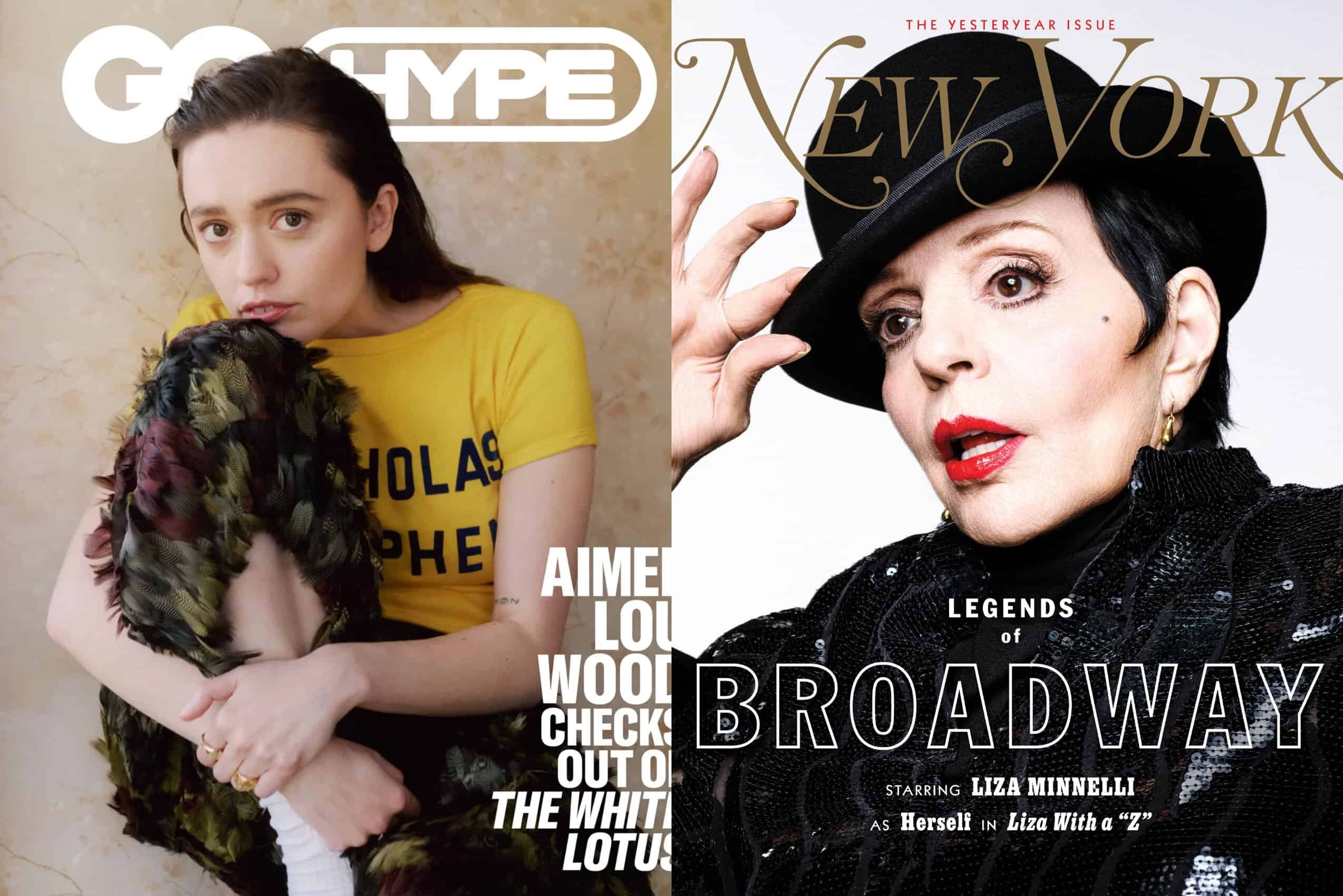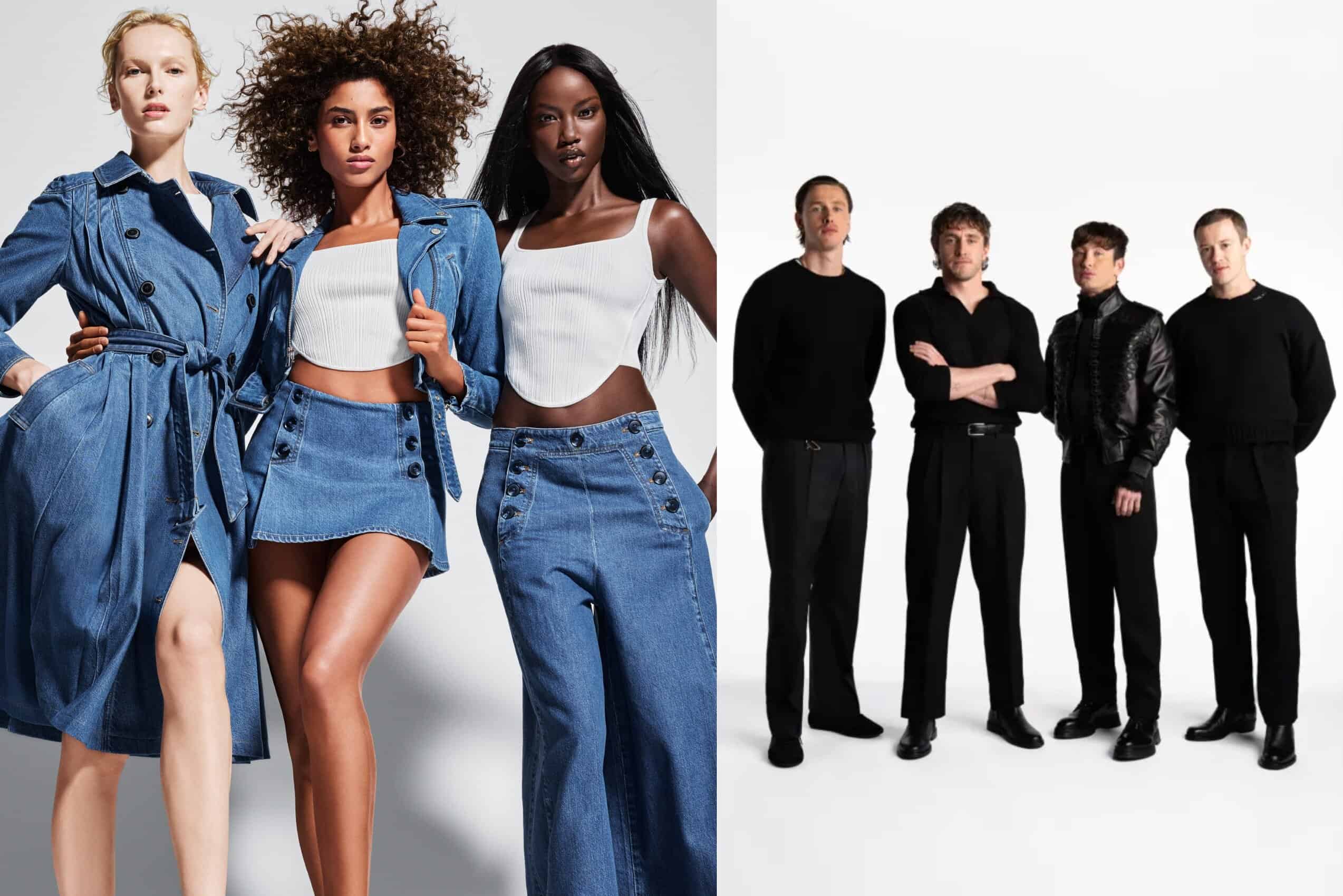After a nostalgic opening montage about how journalism was widely considered to be a respected line of work as recently as the second half of the 20th century, “Endangered” introduces us to its subjects as a way of showing how radically and recently things have changed. In São Paulo, Brazil, reporter Patrícia Campos Mello reports on fraud inside the election campaign of president Jair Bolsonaro. The hardcore nationalist responds to her work by attacking her publicly via crude sexualized comments, which are then spread and amplified by his followers. Mello then makes the risky move of suing him for slander in order to stop them, to hopefully send a message that such acts cannot stand.
Meanwhile in Mexico City, photojournalist Sashenka Gutierrez covers protests in which women have taken to the street to fight a seemingly constant wave of misogynistic violence. The women find themselves facing off against cops bearing full riot gear and an aggressive attitude that threatens to spill over into brutality at any moment.
Sure, these instances may have occurred outside of America but as the film plainly shows, the sentiment captured in those sequences has become increasingly and depressingly common in these parts as well. In Florida, Miami Herald photographer Carl Juste covers a Black Lives Matter protest following the murder of George Floyd. When the police file false reports regarding their often-violent response to the protesters, his work ends up being used as evidence to disprove them. He’s soon followed and harassed by members of the police. Meanwhile, British journalist Oliver Laughland, who follows American politics for The Guardian, covers Trump rallies where his followers have been encouraged to lash out at him and other journalists over so-called “fake news.” When Laughland talks to some of them individually, they inform him that they refuse to buy newspapers that do not reflect their own views and assert that YouTube videos are a much more reliable source of information. It’s hardly surprising that the film eventually builds to the events of January 6, and shows the insurrectionists trashing the equipment utilized by reporters to do their jobs.
For those aware of how accusations against the so-called Fourth Estate have been ginned up and fanned by those hoping to disguise their own misdeeds, the film’s basic premise—that anti-free press attitudes once solely associated with foreign countries under repressive political regimes are now finding favor in the United States as well—will not come as much of a shock. What is a little startling is how those attitudes are practiced here without the slightest bit of hesitation—in one especially grotesque moment, we see a journalist covering a Black Lives Matter protest lying on the ground and identifying themself as such to a cop, only to get sprayed directly in the eyes. While much within “Endangered” is fairly bleak—and this is not factoring how print journalism is seemingly in a death spiral, especially in regards to all-important local newspapers—there are occasional triumphs as well, such as Mello’s slander suit against Bolsonaro, which ends up having a result she clearly was not expecting.
You can view the original article HERE.


